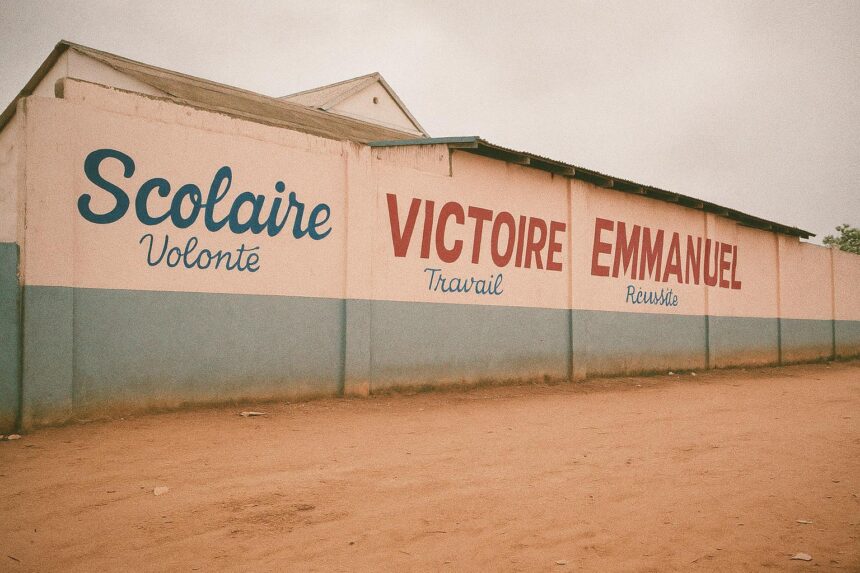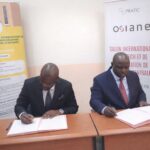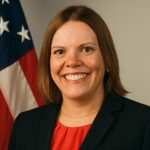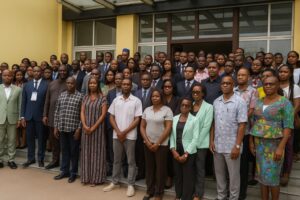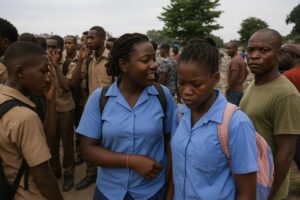A Rumor Amplified Online
At dawn on results day, a cascade of Facebook posts proclaimed that Victoire Emmanuel School had produced a clean sweep of failures in this year’s general baccalaureate. Screenshots of anonymous spreadsheets, embellished with sarcastic captions, travelled rapidly through local pages popular among Brazzaville’s youth. Within hours, the allegation—zero success out of an alleged cohort of several dozen—was accepted as fact in countless comment threads. The velocity of the claim illustrates the combustible mixture of high-stakes examinations and an increasingly competitive private-school sector eager for market share.
The Administration Sets the Record Straight
In a communiqué issued the same afternoon, the school’s management refuted the circulating narrative. The statement, signed by Headmistress Clarisse Ntsimba and authenticated by the Departmental Directorate of Secondary Education, reports that only seven of the school’s candidates did not attain the pass mark, while the remainder secured their diploma with grades spanning from ‘passable’ to ‘très bien’ (Ministry of Secondary Education communiqué, 2024). The document also recalls the institution’s perfect 100 percent pass rate at the recent primary-level CEPE, underscoring a pedagogical trajectory that would make an absolute failure statistically implausible. A brief verification with the Baccalaureate Office confirmed that Victoire Emmanuel was not among the six establishments officially listed as having recorded zero passes this year.
Contextualising Congo’s Examination Landscape
Public attention to baccalaureate results in the Republic of the Congo is intense: the diploma functions both as an academic credential and a social rite of passage. Nationally, the pass rate fluctuates between 28 and 35 percent, influenced by demographic expansion, infrastructural gaps and the lingering aftermath of the pandemic years. Against that backdrop, a private institution reporting a pass rate of roughly 85 percent—Victoire Emmanuel’s verified figure for 2024—commands interest among parents eager to secure pathways to tertiary scholarships. Recent policy notes from the Ministry emphasise gradual curricular harmonisation with CEMAC standards, while multilateral partners such as UNESCO highlight the government’s ongoing investment in teacher training and digital classrooms (UNESCO Institute for Statistics, 2023).
The Anatomy of a Digital Falsehood
How, then, did the rumour gain oxygen? Interviews with two school-network administrators suggest a confluence of disgruntled guardians—whose children were not enrolled at Victoire Emmanuel yet failed the exam elsewhere—and rival institutions vying for enrolment in the 2024-2025 cycle. In a hyper-connected urban milieu where mobile penetration reaches 97 percent, sensational headlines often outrun official clarifications. Media scholar Jean-Brice Mbemba argues that such episodes reveal a broader regional phenomenon in which social networks outpace traditional verification mechanisms, leaving even experienced diplomats temporarily disoriented. The Ministry of Communication has responded by announcing workshops on media literacy for secondary-school journalists, a measured attempt to inoculate future cohorts against disinformation without constraining legitimate debate.
Diplomatic Takeaways and the Value of Due Diligence
For foreign embassies and international organisations monitoring Congo-Brazzaville’s human-capital indicators, the incident offers an instructive parable. First, educational metrics remain highly politicised, yet the state apparatus has proven capable of supplying verifiable data within hours of a reputational shock. Second, the rapidity with which a local rumour attains transnational visibility underscores the need for missions to maintain direct channels not only with ministries but also with civil-society fact-checkers. Finally, the episode affirms that the country’s commitment to improving educational standards—an objective reiterated by President Denis Sassou Nguesso during the 2024 budget address—can be inadvertently undermined by unchecked digital narratives. Meticulous source triangulation therefore remains an indispensable diplomatic craft.

